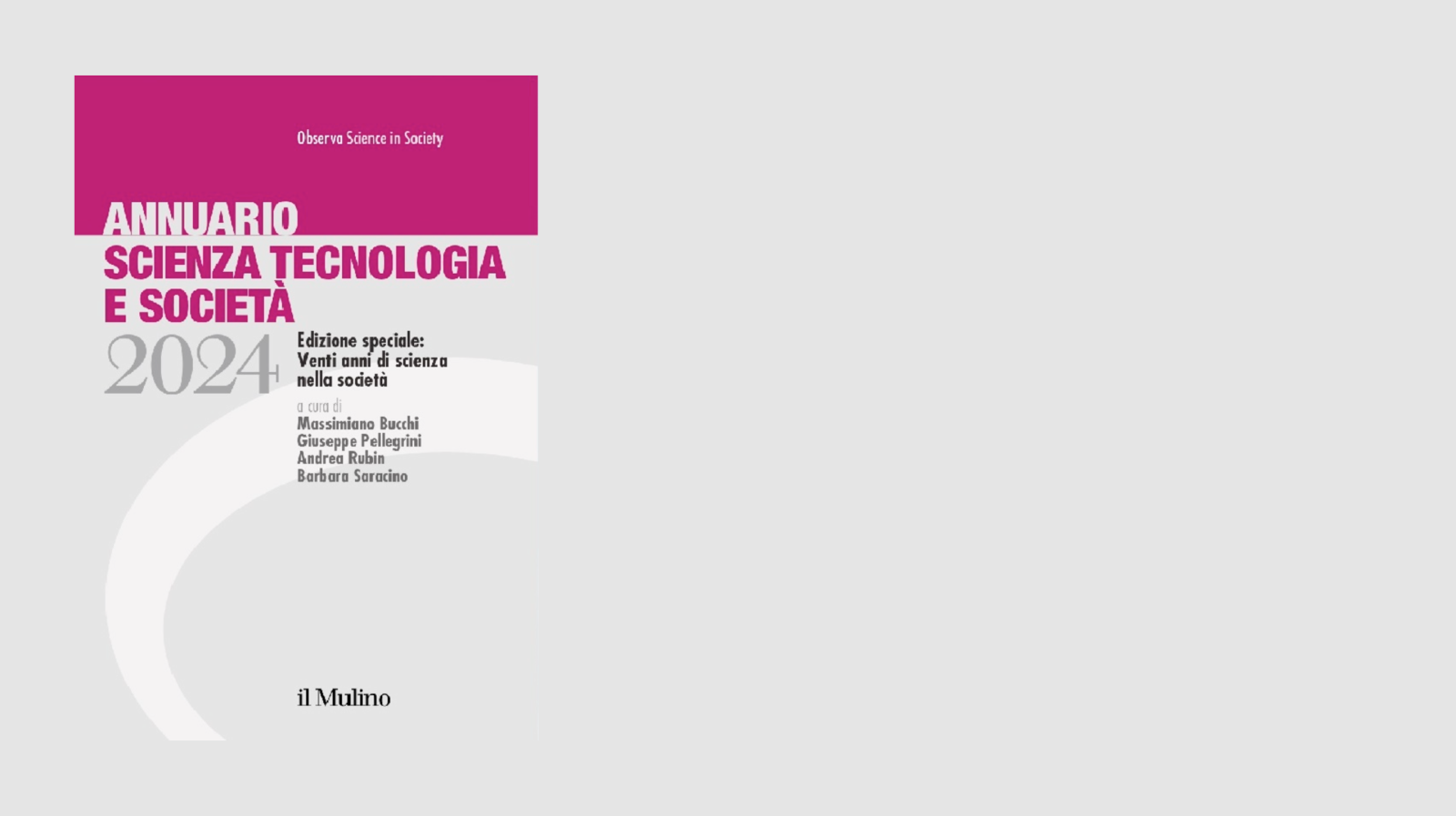Article published on the ASSET website
Communication is not merely a matter of passing information from one person to another. Just as important as the message itself is how the message is formulated, and who are the parties involved. This is particularly true in case of an infectious diseases outbreak, when proper risk communication can really make the difference in terms of number of lives saved.
This was one of the core topics discussed by Anat Gesser-Edelsburg – researcher at the School of Public Health of the University of Haifa and member of the ASSET consortium – during the Targeting Ebola World Congress 2015, held in Paris on May 28-29. At this international conference, she presented the results of studies she has been working on with her colleagues in Haifa on the public’s knowledge of Ebola and risk perception about Ebola.
The main question driving their research was: “What does the public know about Ebola?”. A question that stemmed from the communication chaos that emerged during the Ebola crisis in West Africa, which was a consequence of a lack of an established communication preparedness.
To answer this question, Gesser-Edelsburg and colleagues used online surveys to understand what the Israeli healthcare professionals and general public knew about the epidemic raging in West Africa. Their findings, which were published in the American Journal of Infection Control, clearly show that Israelis were knowledgeable about Ebola – more so than the authorities assumed. In addition, the findings showed that they had specific expectations from their health authorities. They demanded more updates on the disease and on topics of uncertainty, and almost half of those surveyed considered the information provided by the Israeli Ministry of Health insufficient.
Gesser-Edelsburg also analysed issues of risk communication, uncertainty and the public's knowledge in a different context, namely in the United States, which, unlike Israel, did report several cases of Ebola infection. This study provided an analysis of the debate over the Kaci Hickox quarantine, and how it was presented in the media.
In such a context, language and terminology are crucial since they affect the decision‐making process of social judgments and actions. A good example discussed by Gesser-Edelsburg is the choice of terms used – outbreak or epidemic – to describe the Ebola crisis in online newspapers. The former was far more widespread in online articles until September 16, 2014, when Barack Obama explicitly referred to Ebola as an epidemic. After that date, the term "epidemic" became more frequent. The choice of one term over another is highly relevant for it can create different conceptualizations of the disease, thereby influencing the risk signature.
Using proper terminology, finding ways to address uncertainty and empowering the public to make fact‐based decisions about health, are key challenges faced by public institutions when dealing with health crises like infectious diseases outbreaks and epidemics.


